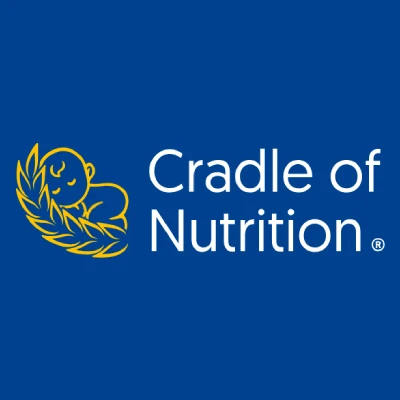
How Birth Control Affects Breastfed Newborns | Safe Options 2025

Cradle of Nutrition
- 2 minutes read
When you’re breastfeeding, choosing the right contraception isn’t just about preventing pregnancy — it’s about protecting your baby’s health, too.
Some birth control methods can influence breast milk production or expose your newborn to small hormone levels.
Understanding these effects will help you make the safest, most informed choice.
Related post: Contraception During Breastfeeding: Safe, Doctor-Approved Methods for 2025
Can Birth Control Affect My Breastfeeding Baby?
Yes, some contraceptive methods can affect your newborn — either by changing your milk supply or by transferring small hormone amounts through breast milk.
However, many options are proven safe with minimal or no impact.
Let’s break down each type.
1. Hormonal Contraceptives and Your Newborn
Hormonal birth control methods — including pills, patches, shots, and implants — work by releasing synthetic hormones into your body.
Progestin-Only Contraceptives (Mini-Pills, Implants, IUDs)
Effect on newborn:
- Tiny amounts of progestin may pass into breast milk, but studies show no harm to a baby’s growth, brain development, or health.
- Progestin-only methods are considered safe for breastfeeding mothers.
Effect on milk supply:
- They do not significantly affect milk production.
Research:
The American Academy of Pediatrics (AAP) and the World Health Organization (WHO) recommend progestin-only contraceptives during breastfeeding.
Combination Contraceptives (Estrogen + Progestin)
Effect on newborn:
- Estrogen can reduce breast milk production, especially if started early postpartum.
- Decreased milk supply could potentially limit your baby’s nutrition.
When to start:
- Experts recommend waiting at least 6 weeks after delivery — once breastfeeding is firmly established.
Research:
A 2022 review in the Journal of Midwifery & Women’s Health found that early postpartum estrogen use leads to shortened breastfeeding duration.
2. Non-Hormonal Contraceptives and Newborn Safety
Barrier methods and non-hormonal options do not affect your baby at all.
Copper IUD
Effect on newborn:
- No hormones involved.
- No impact on breast milk or baby health.
Condoms, Diaphragms, and Spermicides
Effect on newborn:
- Zero risk of affecting milk production or baby’s development.
- Safe to use immediately postpartum.
3. Natural Contraceptive Methods: Complete Safety
Lactational Amenorrhea Method (LAM)
Effect on newborn:
- No external hormones or devices involved.
- 100% safe for the baby
Quick Comparison Chart: Contraceptives and Newborn Effects
| Contraceptive Type | Effect on Newborn | Safety Level |
| Progestin-only methods | Safe, minimal hormone transfer | ✅ Very Safe |
| Combination methods | May reduce milk supply | ⚠ Caution Needed |
| Copper IUD | No effect | ✅ Very Safe |
| Condoms/Diaphragms/ Spermicides | No effect | ✅ Very Safe |
| LAM (natural breastfeeding method) | No effect | ✅ Very Safe |
Recommendation for Breastfeeding Moms
- First 6 weeks postpartum:
- Stick to progestin-only or non-hormonal methods.
- After 6 weeks:
- You may consider combination birth control if your milk supply is stable and abundant.
Always discuss your options with your healthcare provider to personalize your contraception choice.
Conclusion
Choosing the right birth control while breastfeeding is an important step for your health and your baby’s safety.
Hormonal methods like progestin-only pills and non-hormonal options like copper IUDs are proven safe and recommended by experts.
Being informed helps you protect your milk supply and your newborn’s well-being.
By Erika Barabás






